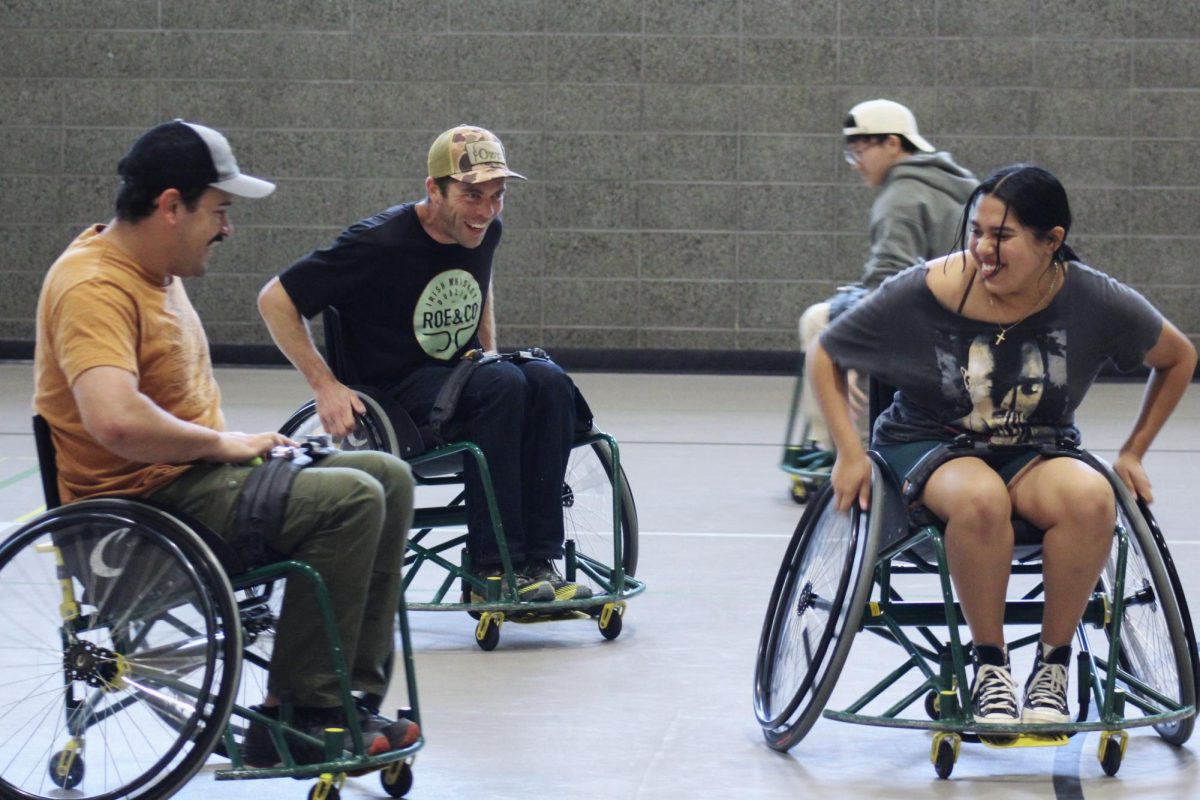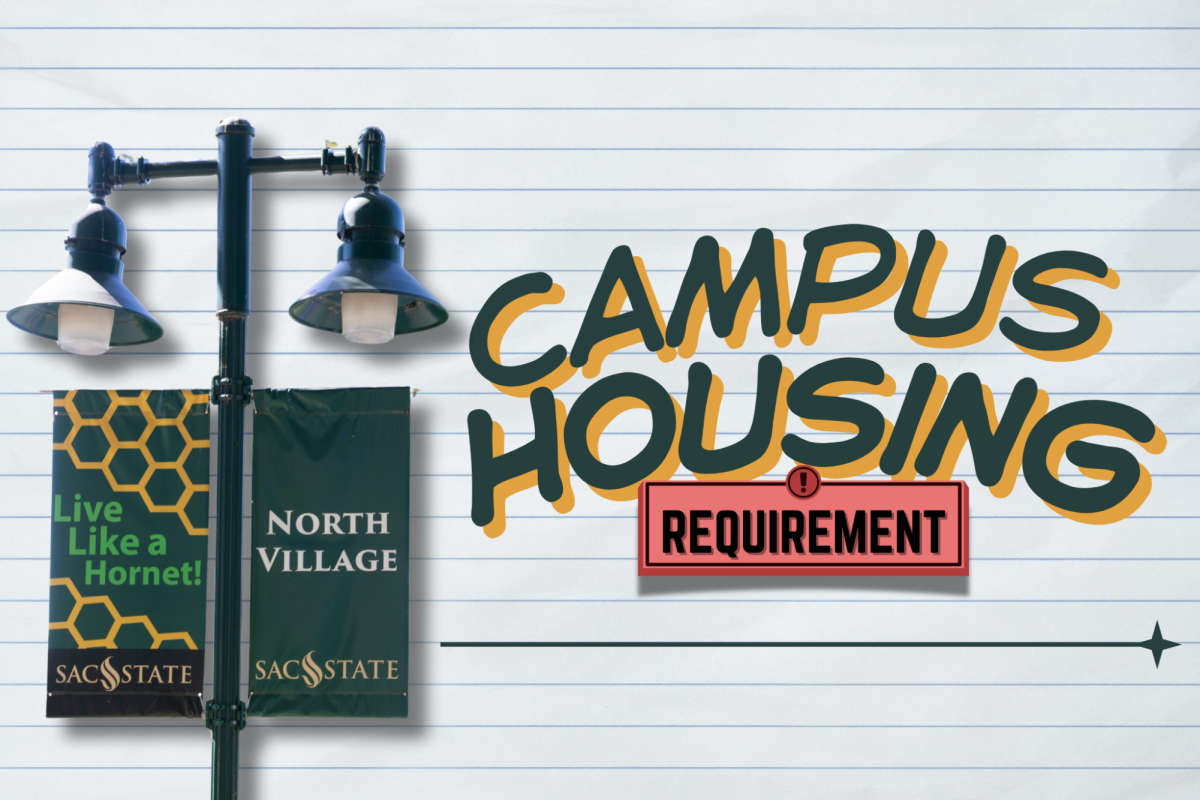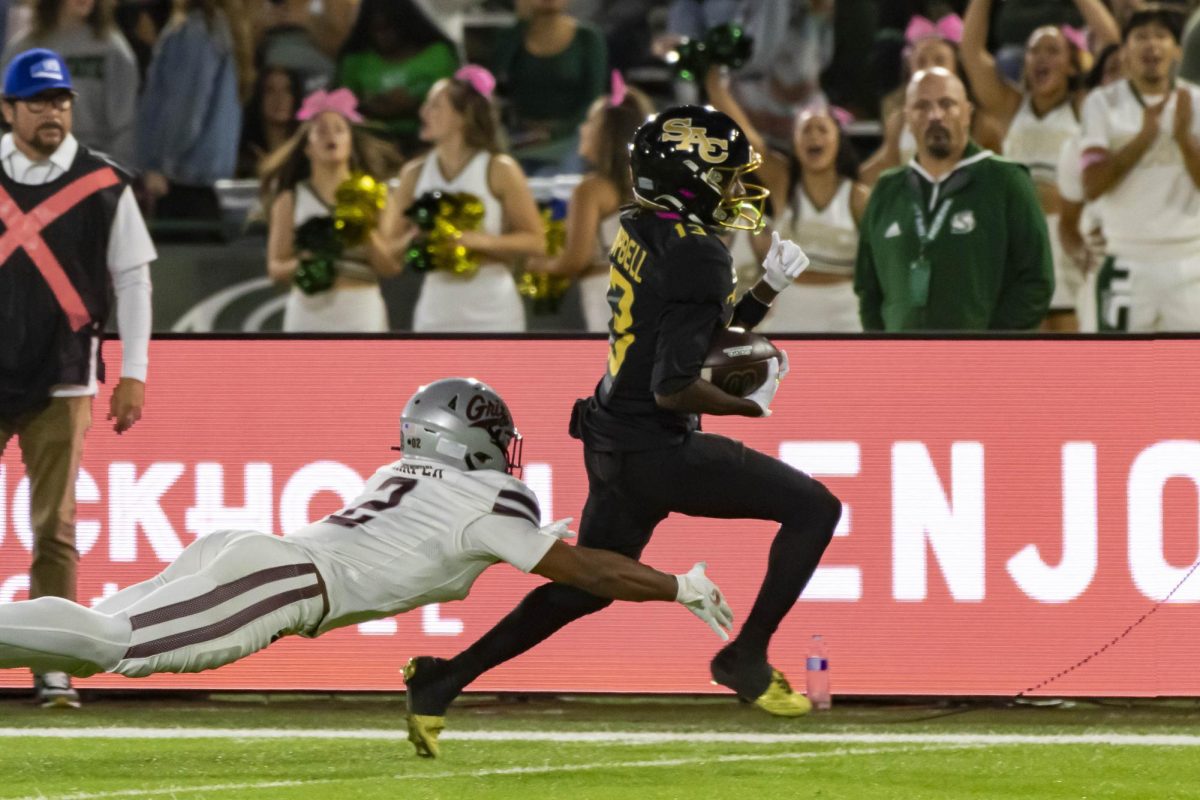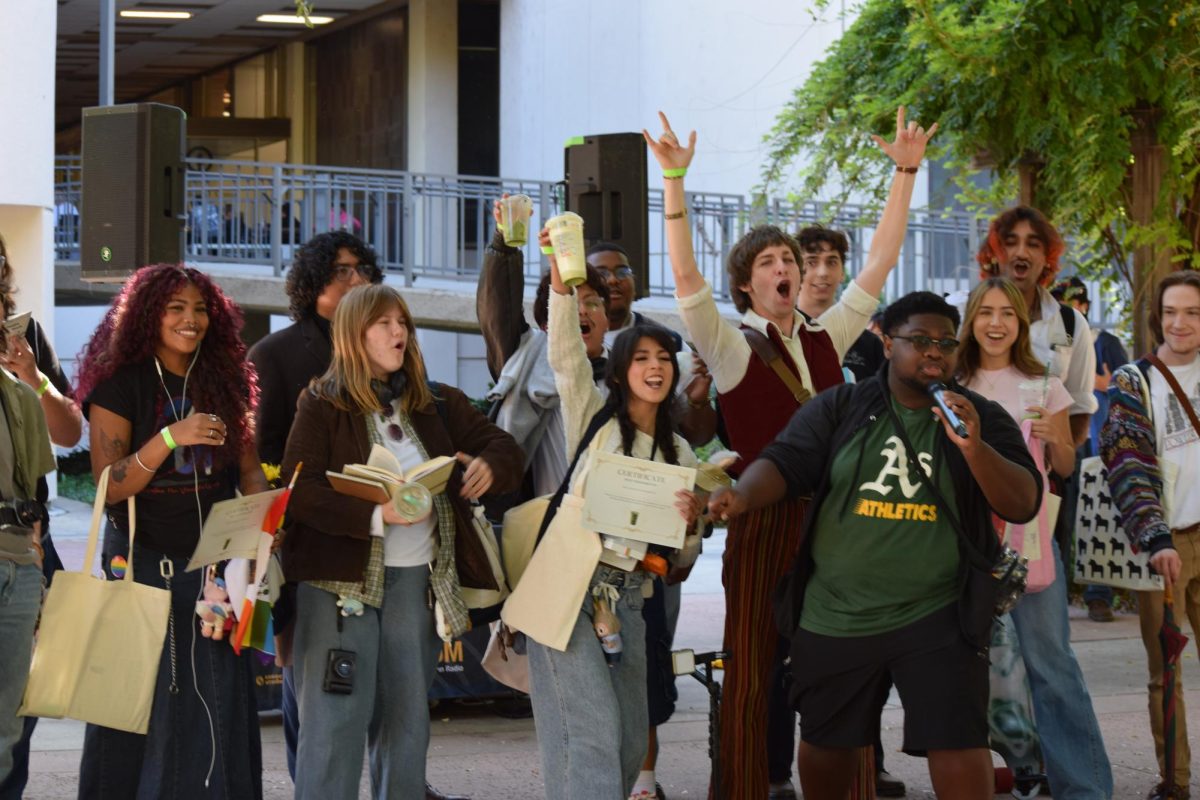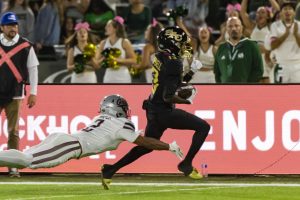Auditor’s Narrative: CSU Sacramento
April 23, 2009
President’s Office:
I walked into Sacramento Hall where the president’s office is located at 11:23 a.m. I walked towards the visitor information office and they directed me to public affairs. I go to the public affairs office down the hall and entered the office where two women named Jessica and Madonna were sitting down. I told Jessica that I wanted to request some public documents and asked for the Form 700. She had no idea what it was, and she asked Madonna if she knew. I explained the document a bit, but they didn’t fully comprehend, so they said that the university counselor might be able to help me with that. Jessica tells me that the university counselor doesn’t have a secretary right now because she is sick, so she has to call the President’s Office on the 2nd floor, so they can direct me to him. She asks me if I was student, while on the phone. I asked her if that information was important. She continued to talk on the phone and then asks me who this is for and I responded with the State Hornet. Then, Jessica sends me to room 206 on the 2nd floor. I walk upstairs and enter room 206 where I encounter Jodi Reid and asked about the Form 700. She has no idea what it was and asked the other ladies in her office. They had no idea what it was either, so Jodi calls public affairs and asks if they sent me there. Jodi realized that she had to take me to the university counselor’s office because he knew what Form 700 was. Jodi walks with me downstairs where the university counselor’s office was and asked my name. She was really friendly, so I told her my name was Cathy.
I walked in and Edmundo Aguilar was sitting in his chair, where I asked him about Form 700. I also requested the document for the ethics training required every two years by AB 1234. He had no idea what I meant by ethics training, but he wrote it down on a sticky note. He asked me for my contact information, so I gave him my e-mail and phone number. He told me that he didn’t have to give me the documents at that exact moment and had 10 days to respond to me about it because they have to prepare the documents. . However, he said that it shouldn’t take that long to respond, but at the moment he was busy with other things and showed me the mess on his desk. I asked him for his business card and he gave it to me. He said that I could e-mail him requesting the things I asked for, and he’ll respond as soon as he could. The overall atmosphere of the president’s office was that they weren’t that helpful, but friendly. I left the building at 11:39 a.m. I e-mailed Aguilar at 12:50 p.m. and he called me at 2:10 p.m. and told me that the ethics training documents are not required for state officials, only local agencies such as school districts. He said he would get the Form 700.
On April 3rd, he e-mailed me saying that I can go pick up the three Form 700 documents. He said they would cost 10 cents each and in total, 30 cents.
Campus Police:
I entered the building at 11:59 a.m. and asked the lady in the window about viewing the crime log. She said that she couldn’t make copies of it, but that the crime logs were viewable online. She said I can look at the crime log binder though. She was friendly and direct. I looked through the crime logs and they had the summary, location, date and time of the different situations. The earliest crime date I saw was September 23, 2008. I left the building at 12:05 p.m.
CalAware Reaction (Terry Francke, General Counsel):
The request for copies of Form 700 was not complied with until April 3-a week after the legal deadline. As for the information requested in writing, a response announcing a 14-day extension to the deadline for the determination letter was received in timely fashion. The determination letter arrived within the extension period but asserted that the request for records of “cash compensation” paid to the president, the vice presidents and procurement or contracting officers “calls for personnel or payroll records which are largely exempt from disclosure;” and that records of employee discipline, litigation settlements and plans for spending stimulus funds were confidential. It also said it had no records that showed non-identifying information on athletic and arts scholarships awarded, for how much and supporting which sport or arts performance, and the sex and class year of the recipients. Finally, it said that records distributed to the board of the campus bookstore operation showing price markups for required textbooks and materials, and income and expense reports, were confidential as containing trade secrets.
Catherine Robledo can be reached at [email protected].


